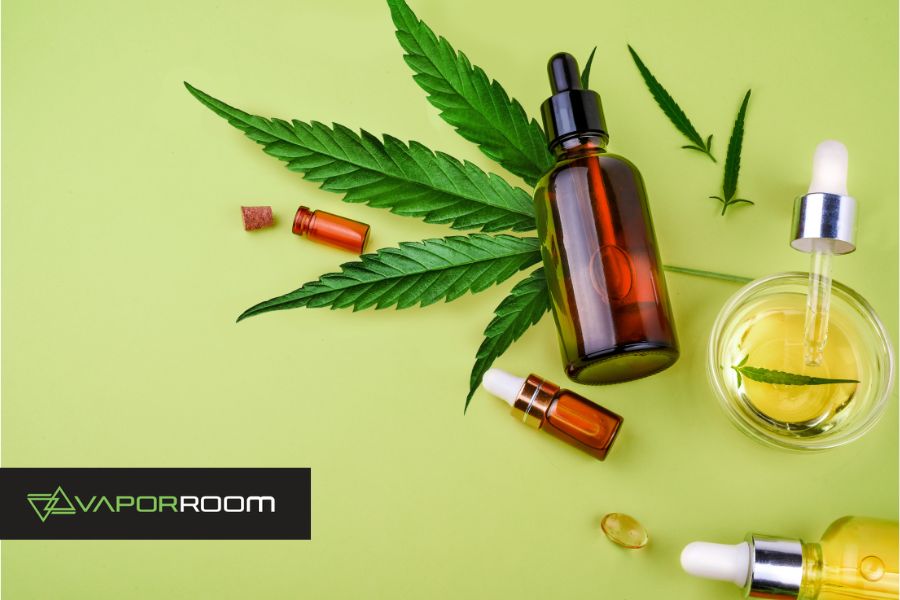Do you know how to use CBD oil properly? Let us explain the rules of supplementing hemp. Find out what is the perfect dose of cannabidiol for you!
What is CBD?
CBD oil is a product made from the cannabinoid called cannabidiol (CBD), which is extracted from the flowers and leaves of the hemp plant. CBD is one of many compounds found in hemp and is known for its potential therapeutic effects. Unlike tetrahydrocannabinol (THC), another well-known cannabinoid, CBD does not cause a “high” or intoxication.
How CBD oil is made?
CBD oil is typically made by extracting CBD from the hemp plant and then mixing it with a carrier oil, such as coconut oil or hemp seed oil. It is often sold as a dietary supplement and is used by some people for its potential health benefits, which may include reducing anxiety, improving sleep, and alleviating pain and inflammation. However, it is important to note that the research on the benefits of CBD is still in its early stages and more studies are needed to fully understand its effects. Additionally, regulations regarding the sale and use of CBD products vary by country and region.
How to consume CBD oil?
CBD oil can be consumed in a variety of ways, including:
- Sublingual consumption: Place a few drops of CBD oil under your tongue and hold it there for 30-60 seconds before swallowing. This method allows the CBD to be absorbed into the bloodstream through the thin skin under the tongue.
- Adding to food or drinks: CBD oil can be added to your favorite food or beverage. However, keep in mind that CBD oil has a distinct taste, so it may alter the flavor of your food or drink.
- Capsules or edibles: CBD oil can also be taken in capsule or edible form, which can be a convenient and discreet way to consume CBD.
- Topical application: CBD oil can be applied topically to the skin in the form of creams, lotions, or balms. This method may be effective for localized pain or inflammation.
Proper dosing of hemp oil
It’s important to note that the optimal dosage of CBD oil can vary depending on the individual and the condition being treated. It is recommended to start with a low dose and gradually increase as needed while monitoring the effects. Most people are satisfied with the dosage of 1 mg of CBD per 1 kg of body mass. It’s always a good idea to consult with a healthcare professional before adding any new supplement or medication to your routine.
Can I overdose on CBD?
CBD is considered to have a low potential for overdose. It is generally well-tolerated and has a good safety profile. According to the World Health Organization (WHO), CBD is safe and well-tolerated in humans, even in high doses of up to 1500mg per day. However, taking very high doses of CBD can cause side effects, such as drowsiness, diarrhea, or changes in appetite.
Can hemp oil cause side effects?
While CBD is generally considered safe, it can have side effects, particularly if taken in high doses. Some potential side effects of CBD include:
- Dry mouth: CBD can reduce saliva production, leading to a dry mouth.
- Drowsiness: High doses of CBD can cause drowsiness or fatigue.
- Changes in appetite: CBD may increase or decrease appetite in some people.
- Diarrhea: CBD can cause diarrhea in some individuals.
- Changes in mood: CBD may affect mood in some individuals, causing irritability, agitation, or mood swings.
- Interaction with other medications: CBD may interact with certain medications, such as blood thinners, and can either enhance or decrease their effects.





